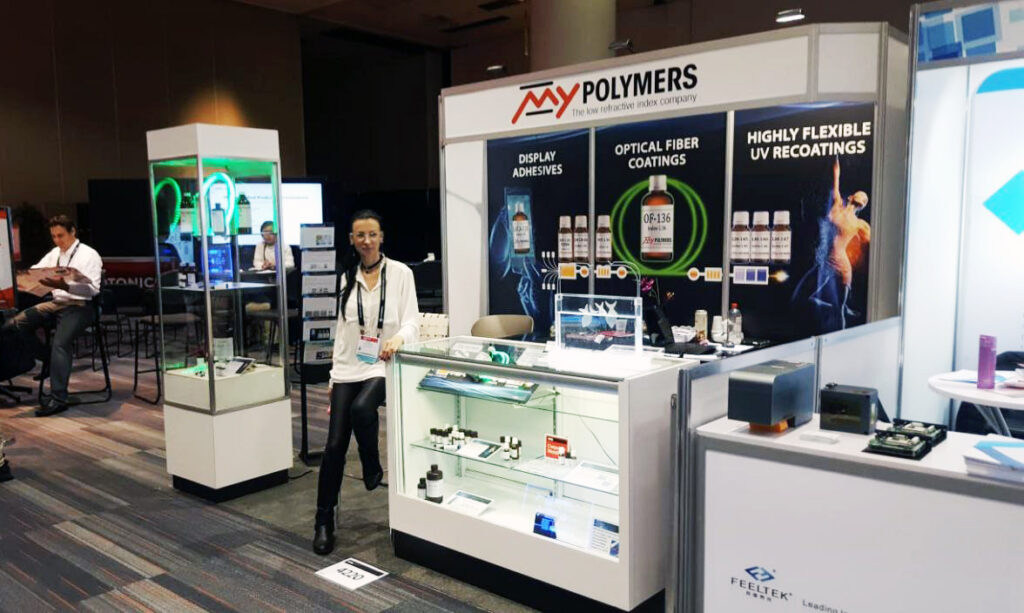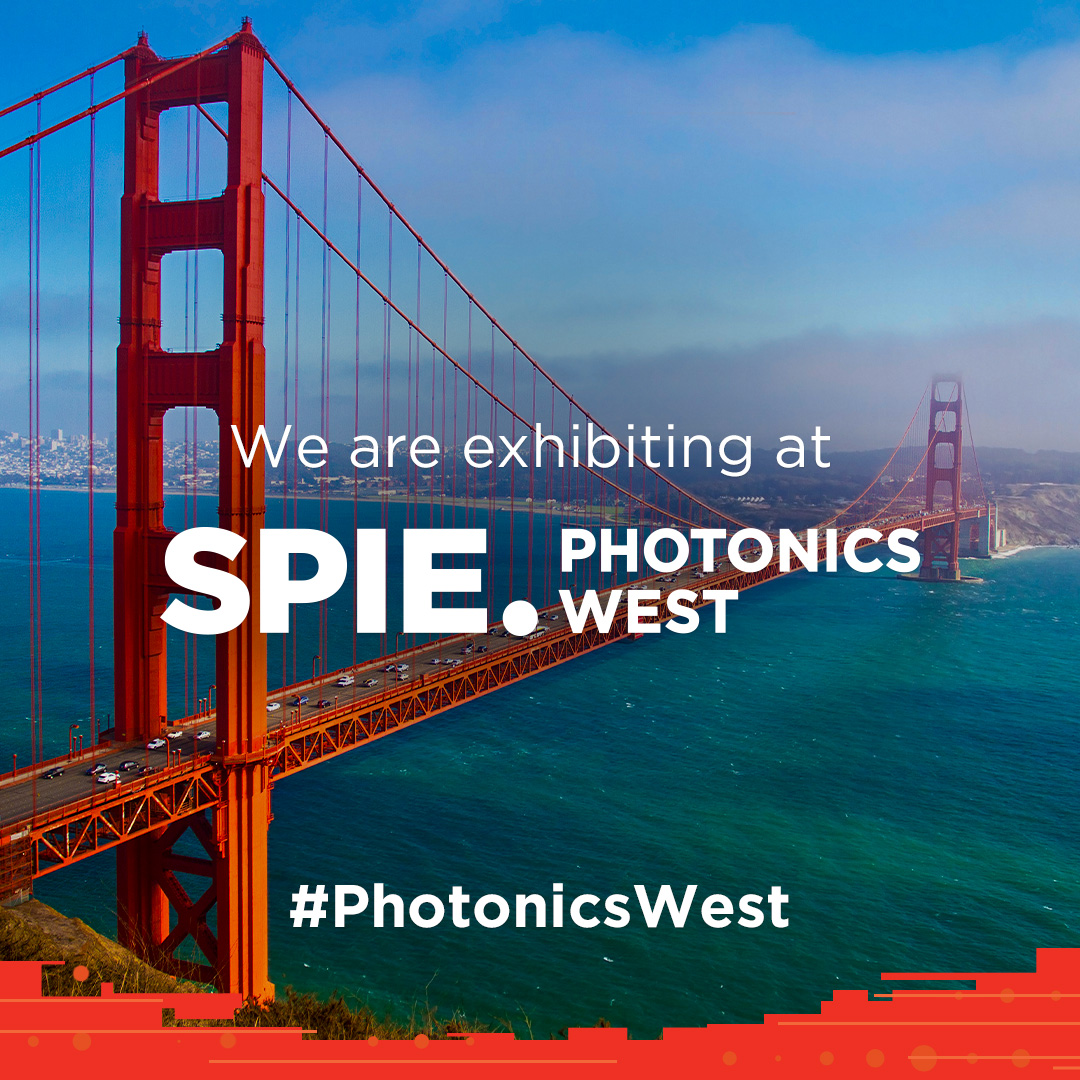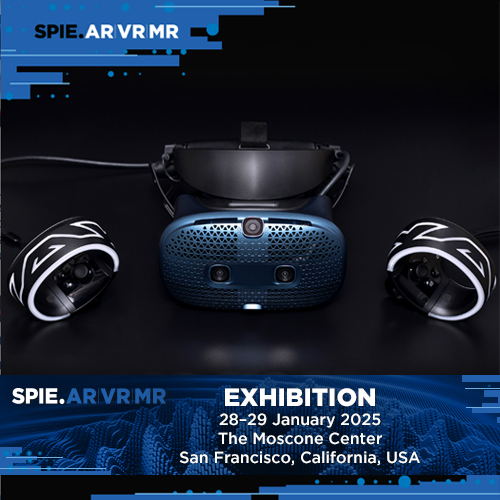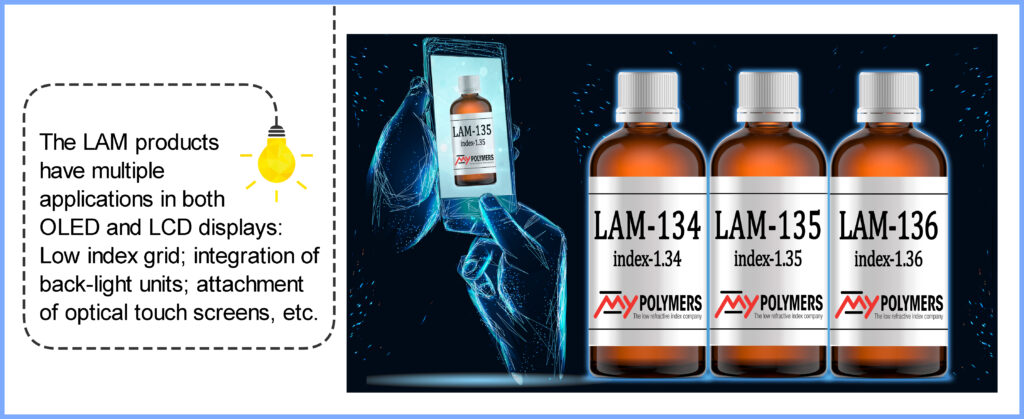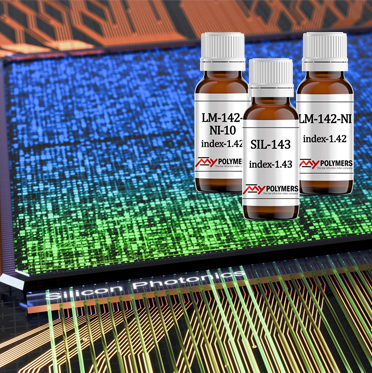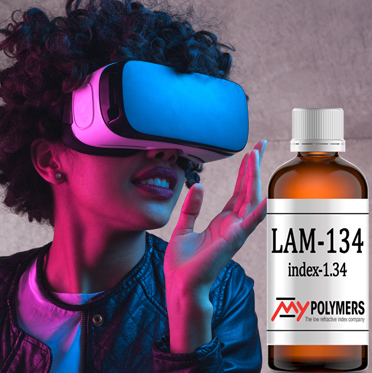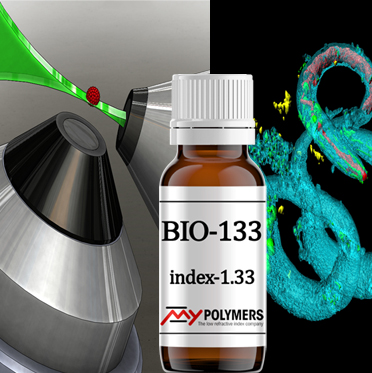MY Polymers offers a wide range of materials for Optical Communications and networking. We continuously adapt our products to the fast-changing requirements of the Optical Communications industry. Our products can be found in Optical Transceivers, PLC Splitters, V-Groove Arrays, and Integrated Photonic Circuits.
In addition, MY Polymers has a wide selection of UV-cured products, Moisture-cured Coatings, and high bond strength low index lamination adhesives.
Some relevant UV cured products include MY-130, MY-133-V2000, RCT-136, MY-136-V2000, MY-136, MY-140, LM-146-NI, MY-150, and many more.
The UV-cured products are the largest group of products, with many different properties, such as refractive index, adhesion, modulus, etc.
Contact us for additional details.
